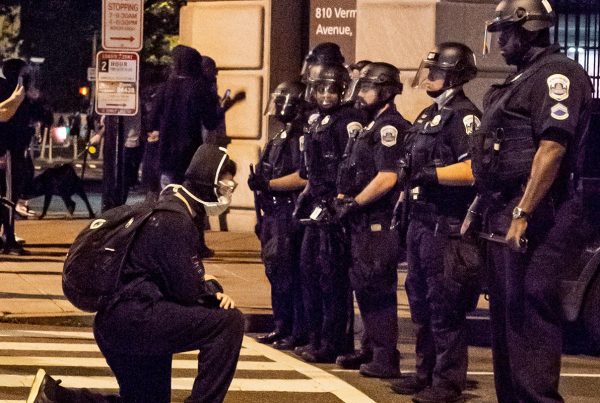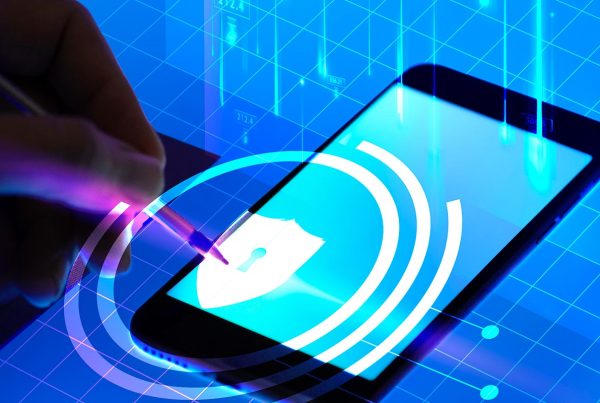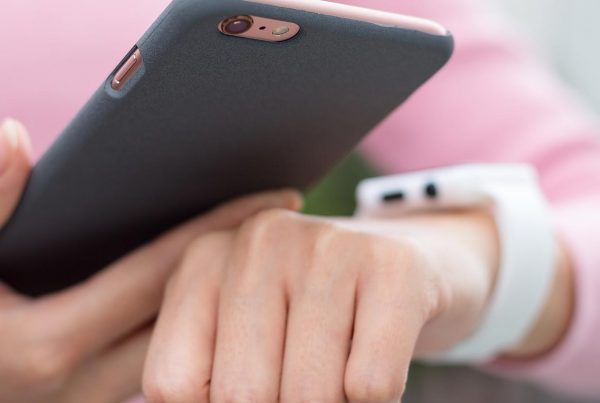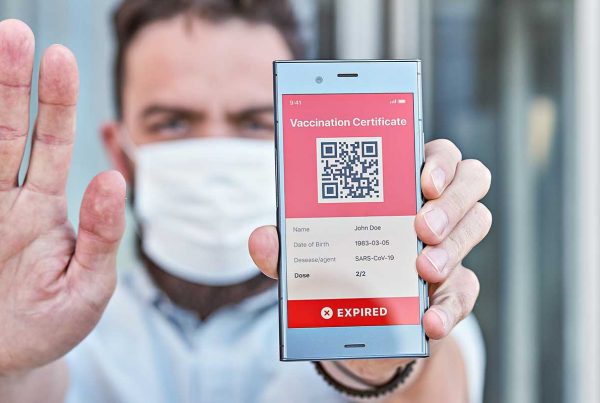Providing personal health information directly to law enforcement is an extraordinary invasion of privacy.
It is difficult to understand how first responders will effectively use testing information that is both incomplete and out of date. There is a real risk that using this database will create a false sense of security when first responders are interacting with individuals who have not been flagged, thus serving to create rather than mitigate danger.
If having this information is not strictly necessary to respond to the pandemic, then sharing it is not legal.
Why this is an Issue
Providing personal health information directly to law enforcement is an extraordinary invasion of privacy.
Such a measure should only be taken when clearly authorized by law and absolutely necessary given the particular circumstances. It is not clear how COVID-19 test results will assist first responders in protecting themselves and the public.
Police officers, like all first responders, must operate under the assumption that everyone they come into contact with is a potential active carrier. Infection control measures targeting only individuals who have tested positive for COVID-19 will be ineffective at protecting frontline workers. Universal precautions are necessary.
In addition, according to the regulation and government statements the information that will be provided does not include the date that an individual tested positive. This means that old, outdated test results could incorrectly identify people as having COVID-19 when they have already recovered and are no longer contagious.
It is difficult to understand how first responders will effectively use testing information that is both incomplete and out of date. There is a real risk that using this database will create a false sense of security when first responders are interacting with individuals who have not been flagged, thus serving to create rather than mitigate danger.
Providing police officers with personal health information will have the greatest impacts on those communities that are already over-policed and marginalized. Black communities, Indigenous peoples, those with precarious housing, individuals living with addictions – these communities already face over-policing and numerous barriers to health-care. Many are at increased risk of contracting or suffering adverse health outcomes from COVID-19. Their access to necessary health services is only made more fraught when their personal health information is shared with the police.
Our Recent Work tor Protect Privacy during COVID.
On April 23, 2020, CCLA joined with Aboriginal Legal Services, the Black Legal Action Centre and HIV/AIDS Legal Clinic Ontario to write to the Ontario Solicitor General outlining our significant concerns with the government’s decision to provide police with access to individuals’ personal health information.
After receiving no response, we filed a court challenge to the government’s decision to release this information to police. The application for judicial review alleges the government’s actions breaches provincial health privacy protections and violates individuals’ constitutional rights to privacy and equality. The legal challenge also argues the measure is not authorized by Ontario’s emergency legislation.
At CCLA, we believe that unnecessarily providing private health information to law enforcement is discriminatory and an extraordinary privacy violation.
We are calling on the government to rescind police access to the database and ensure that any personal health information that has already made its way into the hands of law enforcement is deleted.
The Timeline
Materials & Documents
Letters
- August 17, 2020 –
Letter to London Police Services Board
Letter to Thunder Bay Police Services Board
Letter to Durham Regional Police Services Board
Letter to Guelph Police Services Board
Letter to Kawartha Lakes Police Services Board - August 7, 2020
Attorney General Letter to Applicants - April 22, 2020
Letter to Solicitor General (Ontario)
Notices
- July 7, 2020
Notice of Application
Media Releases
- August 17, 2020
Press Release - July 16, 2020
Statement to Media







